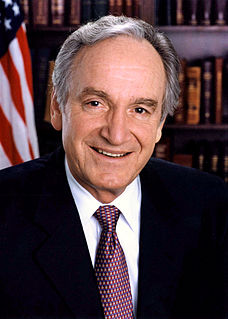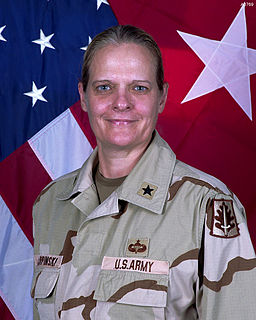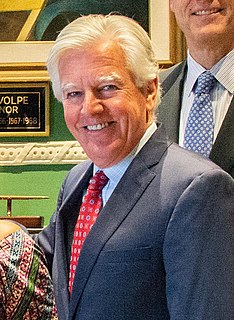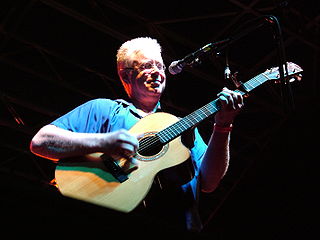A Quote by Tom Harkin
When those pictures of Abu Ghraib came out, I thought, my gosh, this is like the tiger cages for prisoners in Vietnam all over again. Only we were actually doing it ourselves, we weren't hiring another government to do it.
Related Quotes
I did a piece where I was talking about torture at Abu Ghraib, and I embroidered my hand with the image of the hooded Abu Ghraib prisoners who'd been tortured using a needle and thread. I know that meeting a Holocaust survivor when I was eight and seeing the tattoo on her arm from her time in the camps influenced my piece about Abu Ghraib.
Whether we consider Nazi Germany or Abu Ghraib prison, there were many people who observed what was happening and said nothing. At Abu Ghraib, one photo shows two soldiers smiling before a pyramid of naked prisoners while a dozen other soldiers stand around watching passively. If you observe such abuses and don't say, "This is wrong! Stop it!" you give tacit approval to continue. You are part of the silent majority that makes evil deeds more acceptable.
Each of the Iraqi children killed by the United States was our child. Each of the prisoners tortured in Abu Ghraib was our comrade. Each of their screams was ours. When they were humiliated, we were humiliated. The U.S. soldiers fighting in Iraq - mostly volunteers in a poverty draft from small towns and poor urban neighborhoods - are victims just as much as the Iraqis of the same horrendous process, which asks them to die for a victory that will never be theirs.
I was honoured when they asked me to appear at the president's birthday rally in Madison Square Garden. There was like a hush over the whole place when I came on to sing 'Happy Birthday,' like if I had been wearing a slip, I would have thought it was showing or something. I thought, 'Oh, my gosh, what if no sound comes out!'
My friend George and I were walking on the beach in Norfolk, and there were thousands of [razor-clam] shells. They were so beautiful, I thought I had to do something with them. So, we decided to make [a dress] out of them. . . . The shells had outlived their usefulness on the beach, so we put them to another use on a dress. Then Erin [O’Conner] came out and trashed the dress, so their usefulness was over once again. Kind of like fashion, really.
































